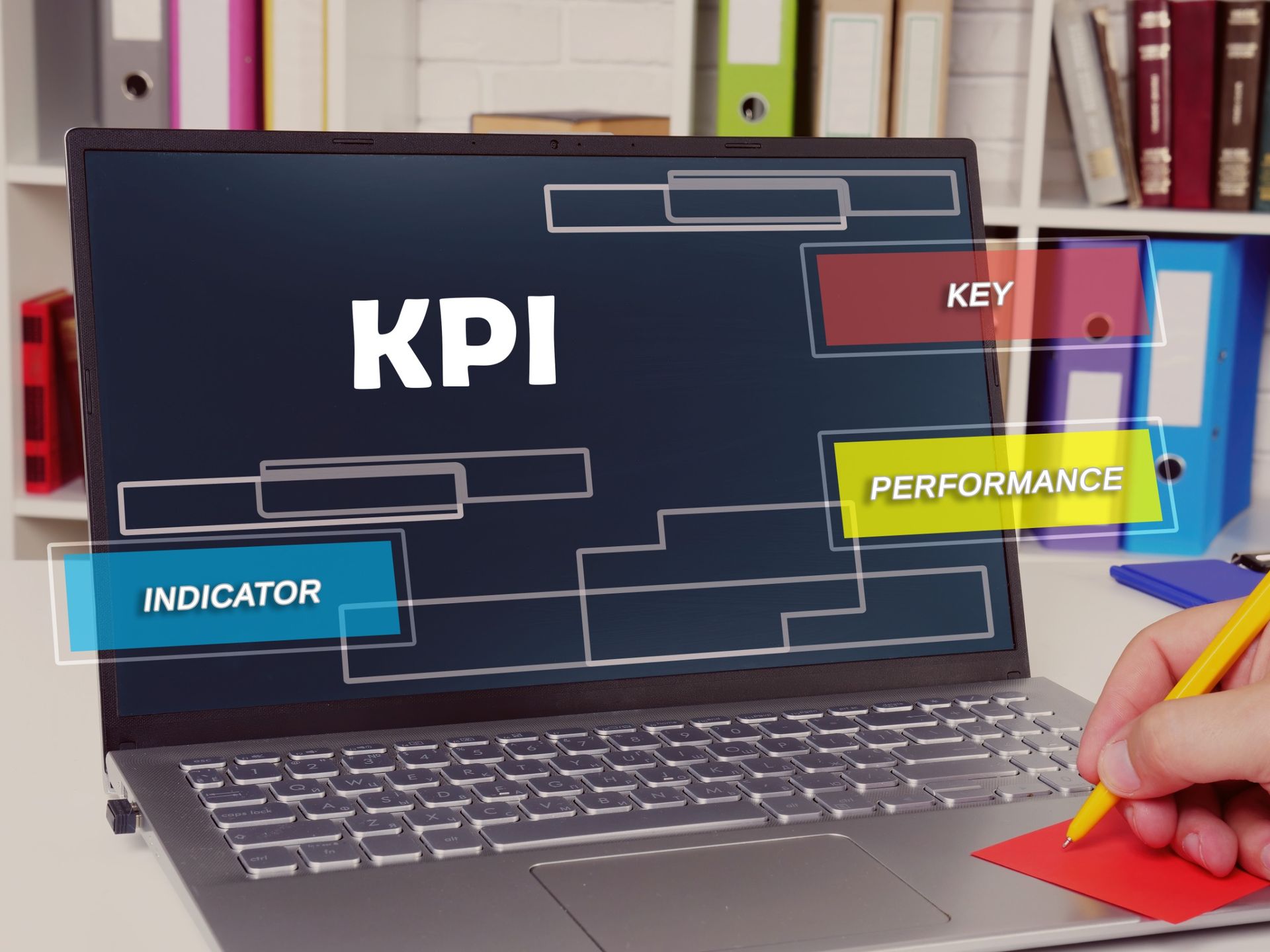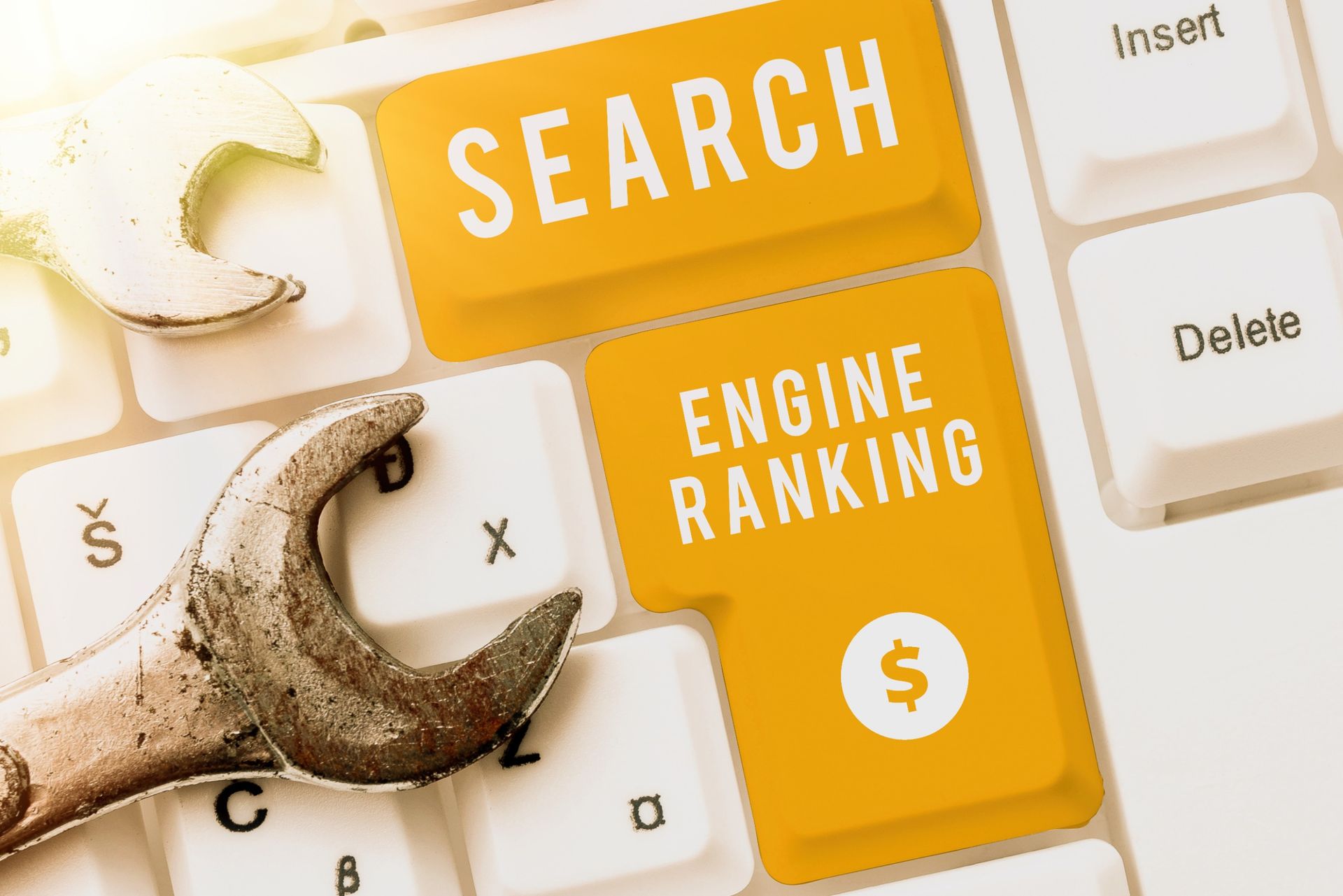Webguys Digital Solutions
What is a KPI? Definition, Best Practices, and Examples
What is a KPI? Definition, Best Practices, and Examples
KPIs, or key performance indicators, are one of the most important tools available to measure success in any industry. Whether you're trying to understand customer behavior and engagement trends or track employee performance over time, KPIs can provide invaluable insights into the health of your business.
In this article, we'll discuss what a KPI is, define best practices for setting them up and tracking their progress, and give some examples so that you can get started on making sure your business goals stay on track.
Defining Key Performance Indicators (KPIs)
When it comes to measuring success, Key Performance Indicators, or KPIs, stand out as an essential tool. But what exactly are KPIs? Essentially, they are quantifiable metrics used to measure progress toward specific organizational goals.
However, the tricky part lies in selecting which KPIs to focus on - they should be closely aligned with the overall mission and objectives of the company.
KPIs can vary widely depending on factors like industry, company size, and individual goals. Regardless of the specifics, determining and tracking KPIs is a crucial step toward achieving success.
Best Practices for Setting and Tracking KPIs
When setting KPIs, it's essential to align them with the strategic goals of your organization. They should be relevant, specific, and measurable. First, make sure that the KPIs you select directly align with your strategic goals. Second, your KPIs should be specific and clear to avoid ambiguity. Third, ensure that your KPIs are measurable. If you can't measure it, you can't manage it.
Once your KPIs are set, tracking them is the next crucial step. Use data visualization tools or dashboards to track progress effectively. These tools provide a clear, visual representation of your data, making it easy to understand and interpret. Regularly review and update your KPIs to ensure they are still relevant and are driving valuable business decisions.
Remember that KPIs are not set in stone. They should evolve with your business and reflect changes in your strategy or goals. Regularly reviewing and adjusting your KPIs is part of the process and will ensure they remain an effective tool for business success.
Examples of KPIs in Different Industries
Different industries utilize various KPIs, tailored to their specific goals and operations.
- Retail Industry: In retail, some common KPIs include Sales per Square Foot, Average Transaction Value, and Customer Retention Rate. These metrics assess the efficiency of sales floor space, monitor average spending per customer, and keep tabs on customer loyalty, respectively.
- Manufacturing Industry: Common KPIs include Production Cost per Unit, Yield, and Rate of Return. These KPIs help to track cost-effectiveness, measure manufacturing success, and calculate the return on investment in production processes.
- Healthcare Industry: In healthcare settings, KPIs such as Patient Satisfaction, Readmission Rates, and Average Length of Stay are commonly used. These KPIs gauge patient satisfaction levels, measure the quality of care through readmission rates, and assess efficiency via the average length of patient stays.
- Digital Marketing Industry: In the digital marketing realm, KPIs like Click-Through Rate (CTR), Cost per Acquisition (CPA), and Conversion Rate are often used to track campaign effectiveness, cost-effectiveness, and the overall success rate of turning visitors into customers.
Remember, the effective application of KPIs within any industry stems from a clear understanding of the firm's unique goals and strategic objectives.
Benefits of Measuring and Monitoring KPIs
Monitoring and measuring KPIs brings a wealth of benefits to organizations.
Firstly, they serve as tangible metrics that can substantiate the progress or success of a company's strategic goals. Without KPIs, understanding whether your objectives are achieved can become nebulous and subjective.
Secondly, KPIs help businesses identify areas where they are underperforming, allowing them to direct resources and effort towards improving these aspects. It ensures that resources are efficiently allocated, and the company remains competitive.
Thirdly, KPIs provide a tool for communication and alignment within the organization. They offer a common language to discuss performance, helping everyone understand the business's direction and their role in achieving its goals.
Lastly, KPIs can motivate and guide teams, providing clear targets and fostering a sense of achievement when these targets are met.
How to Set Goals for Your KPIs
Setting goals for your KPIs is a critical step in the process and involves a careful blend of introspection, industry understanding, and logical planning.
Here's an easy-to-follow, step-by-step guide to help you with the task:
1. Understand Your Strategic Goals: The first step in setting goals for your KPIs is to understand your strategic business objectives. What does success look like for your organization? What are your long-term and short-term objectives? Your KPIs should align directly with these goals.
2. Identify Key Business Activities: Once you understand your strategic goals, identify the key business activities that contribute to these objectives. For an e-commerce store, these might include website visits, conversion rates, or customer satisfaction scores.
3. Set SMART Goals: SMART is an acronym that stands for Specific, Measurable, Achievable, Relevant, and Time-Bound. Ensuring your goals meet these criteria will enhance their effectiveness.
4. Communicate Your KPI Goals: Once you've defined your KPI goals, communicate them to your team. Ensure everyone understands what the KPIs are, why they're important, and how their role contributes to meeting these goals.
5. Regularly Review and Adjust: Business environments are dynamic. To ensure your KPIs remain relevant, review them regularly and adjust as necessary. It will ensure they continue to align with your strategic goals and reflect current business conditions.
Remember, setting KPI goals is not a one-off activity. It's a continuous process that requires ongoing monitoring, review, and adjustment.
Summing Up
Ultimately, key performance indicators are essential for building a successful business. By establishing what KPIs should be measured and monitored, assessing current business operations against them, setting achievable goals, and recognizing where strategies need amending, success is within reach.
Though it’s easy to become preoccupied with the tactical details of metrics, the preservation of reality is key.
With thoughtful consideration given to this powerful tool, organizations can accelerate their progress toward even greater prosperity. Now is the perfect opportunity to take advantage of all that KPIs have to offer today and make sure you’re on track for a prosperous future!
About Us
MES Webguys Digital Solutions should be your one-stop destination if you are looking for an agency to help you with your SEO. We are a cutting-edge Michigan's digital marketing company dedicated to helping small and medium businesses succeed.
We focus on creating personalized marketing strategies for our clients designed to work for their industry and niche. Our services include SEO, Google Ads, TikTok Ads, Social posting, listings,
content marketing,
and more. You can reach us at
(248) 277-5882 or fill out our
contact form to
learn more about
Facebook ads agency for E-commerce.
Webguys Digital Solutions
We are the premier digital marketing solution in Michigan. Contact us today to get your free, no-obligation consultation!
Business Hours
- Mon - Fri
- -
- Sat - Sun
- Closed










